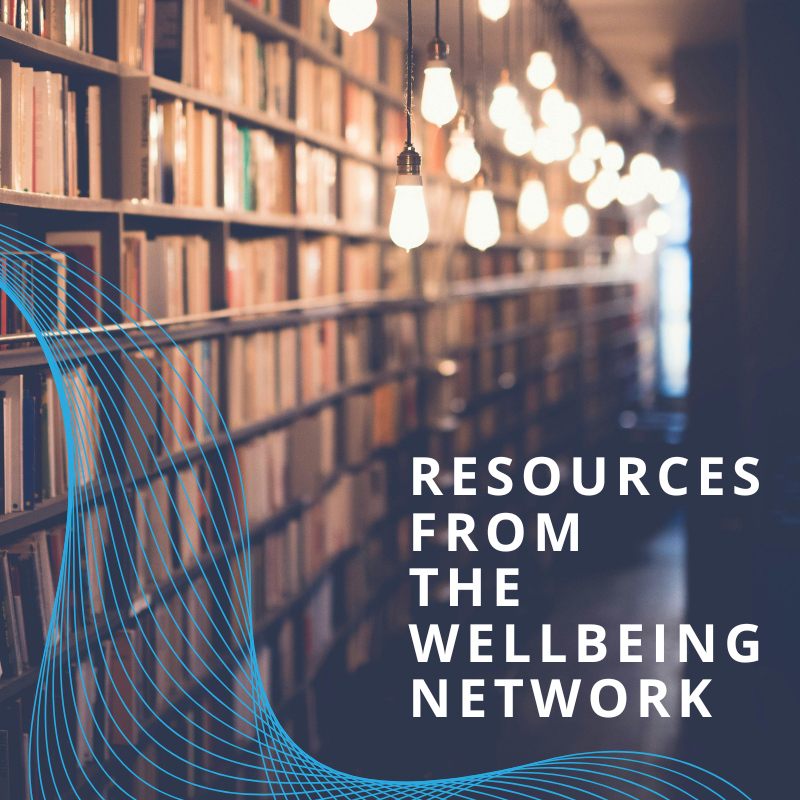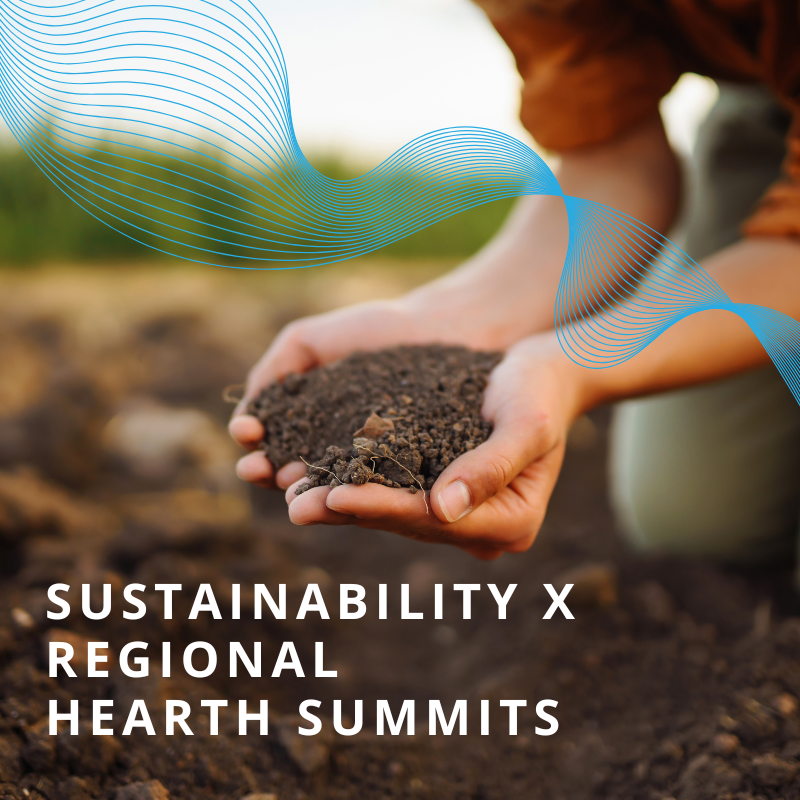The Organizational Wellbeing Exploratory Program (OWEP) was born from the need that members of The Wellbeing Project community expressed on embedding their individual wellbeing learnings into the culture of their organizations. Understanding that organizations are much more than the sum of its members, TWP decided to launch an Exploratory Program for 8 purpose-driven organizations across the globe to explore what it means to put humans at the centre of their organizations.
A 3-year long program was put in place to support organizations leaders in understanding what wellbeing meant to their container and to explore how to integrate a wellbeing lens on an organizational level in their various contexts. With the participation of three members per organizations, the OWEP program took place from April 2019 to June 2022. The program was then extended for two more years on response to members’ request until April 2024, to allow more space for organizational change efforts to take place and hold the community together.
The OWEP members participated in three in-person retreats (in 2019, 2022 and 2024) and one virtual retreat in 2020 during the pandemic. Tools and constant support were provided from TWP by means of online webinars, virtual workshops and meetings with the cohort, support from locally based organisational change coaches, access to some financial support from TWP and quarterly individual check-ins with the TWP team. Additionally, during the first 3 years of the OWEP program, qualitative research was carried out by the Tavistock Institute of Human Relations to follow the journey of the 8 organisations and understand the challenges and achievements of the different approaches.
The OWEP container ended in April 2024 with a last in-person retreat, where the group decided to evolve into a Community of Practice and open the space to other organisations to learn from their experience.
How to define Wellbeing at an Organizational level
We understand that organizations are living systems that are constantly changing and evolving. Each system has their own inherent properties that will be determined by the underlying interactions of all its parts that occur simultaneously and at different levels. Adopting a wellbeing lens within an organisation has to do with taking care of the quality of processes (how things are done) over the outcomes (what is done). It is adopting a way of thinking and doing across all the members of an organisation. To implement wellbeing approaches within a system’s culture it is first important to define what wellbeing means to their organisation. This concept will depend on the culture of the organisation, its context, its members, its challenges, at a determine moment in time. And as the system itself, the understanding of wellbeing at an organisational level will too be in constant evolution.
About the 8 organizations
Eight non-for-profit organisations were chosen from diverse context, cultures, sizes, purpose and style of leadership. This diversity – often challenging on a logistical level – ensured that a representation of the entire sector was involved, so that learnings would be relevant for many organisations across contexts. The OWEP organisations are described below:
BluePrint For Life is a Canada based small size organisation (< 20 staff) that works in promoting healing and building hope in traumatized youth communities. BluePrint offers programs that are founded on HipHop, rooted in traditional culture, and centered on community needs. The majority of staff members are drawn from creative and performance backgrounds that also have suffered trauma and vulnerability, enhancing the real role models that have been able to heal through art, expression and music.
Educate Me Foundation is an Egypt based middle-size organisation (65-70 staff) dedicated to redefining education in schools through a learner-centered education model. It creates learning programmes using national and international standards to educators and students from public schools across 6 governorates in Egypt. Educate Me promotes a culture of self-actualization and lifelong learning among individuals.
Forest Trends is a Washington DC based organisation founded in 1999, that works in preventing the degradation of natural ecosystems by embedding conservation values and practices within economic systems. It promotes environmental finance, markets, and other payment and incentive mechanisms. With around 90 employees distributed in two offices between DC and Peru, Forest Trends has demonstrated that the preservation of natural assets yields much greater long-term economic and societal benefits than the economic activities that damage these natural assets for short-term profit.
Imazon is a Brazil based medium size (50 staff) organisation founded in 1990 to promote conservation and sustainable development in the Brazilian Amazon through research, dissemination and public policy influencing. Activities include socioeconomic diagnosis; demonstration projects; development of methods for evaluating and monitoring sustainable land use; analysis of public policies for land use; and development of sustainable development scenarios and models for those economic activities.
Khwendo Kor is a Pakistani based middle size (80 staff) organisation that works on empowering local women through civil rights, education, health and economy. “Khwendo Kor” translates from Pashto as ‘Sisters’ home’. The organisation was established in 1993 to provide women with a forum to address their issues. It has become a sisterhood, guiding women to take practical steps for the betterment of themselves and their families. The head office is in Peshawar and there are regional offices in several districts.
OneSky is an international organisation founded in China in 1998 that provides quality care in early childhood within vulnerable communities. With over 180 employees, OneSky operates in 4 countries: China, Hong King, Vietnam and Mongolia. By training caregivers (early educators, child welfare workers, childcare providers, parents, extended family members, foster parents, and others), OneSky provides responsive care and creates nurturing learning environments for thousands of marginalized children.
Tostan is a large African organisation. Founded in 1991 in Senegal with the purpose of driving community-led change in West Africa. With over 700 employees Tostan currently works in five countries: Guinea, Guinea-Bissau, Mali, Senegal, and The Gambia. It has created a new type of development programme to enact change, called the Community Empowerment Program (CEP), which Tostan uses to respectfully engage communities by working in their own languages and using traditional methods of learning. Areas of focus include supporting communities with issues such as education, health, environmental concerns, and economic growth.
VillageReach is an international organization founded in 2000, dedicated to deliver quality healthcare in remote villages in sub-Saharan Africa. VillageReach’s goal is to reduce inequities in access to quality primary health care for 350 million people by 2030. By working with governments, the private sector, partners and communities they build responsive primary health care systems that deliver health products, information and services to the most under-reached. As a locally driven and globally connected organisation, with over 180 employees, VillageReach’s has offices in the Democratic Republic of Congo, Kenya, Malawi, Mozambique and the United States.












































